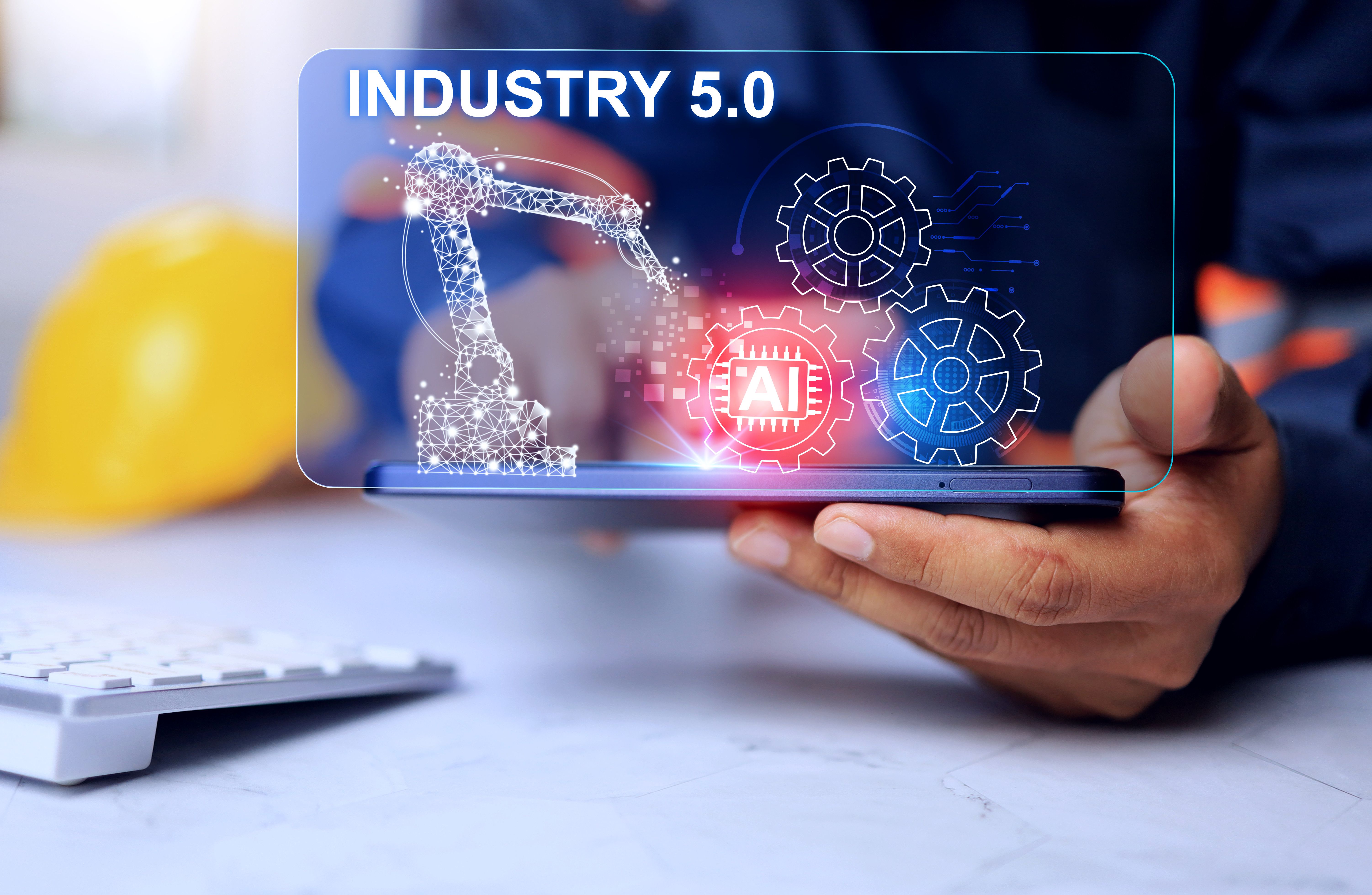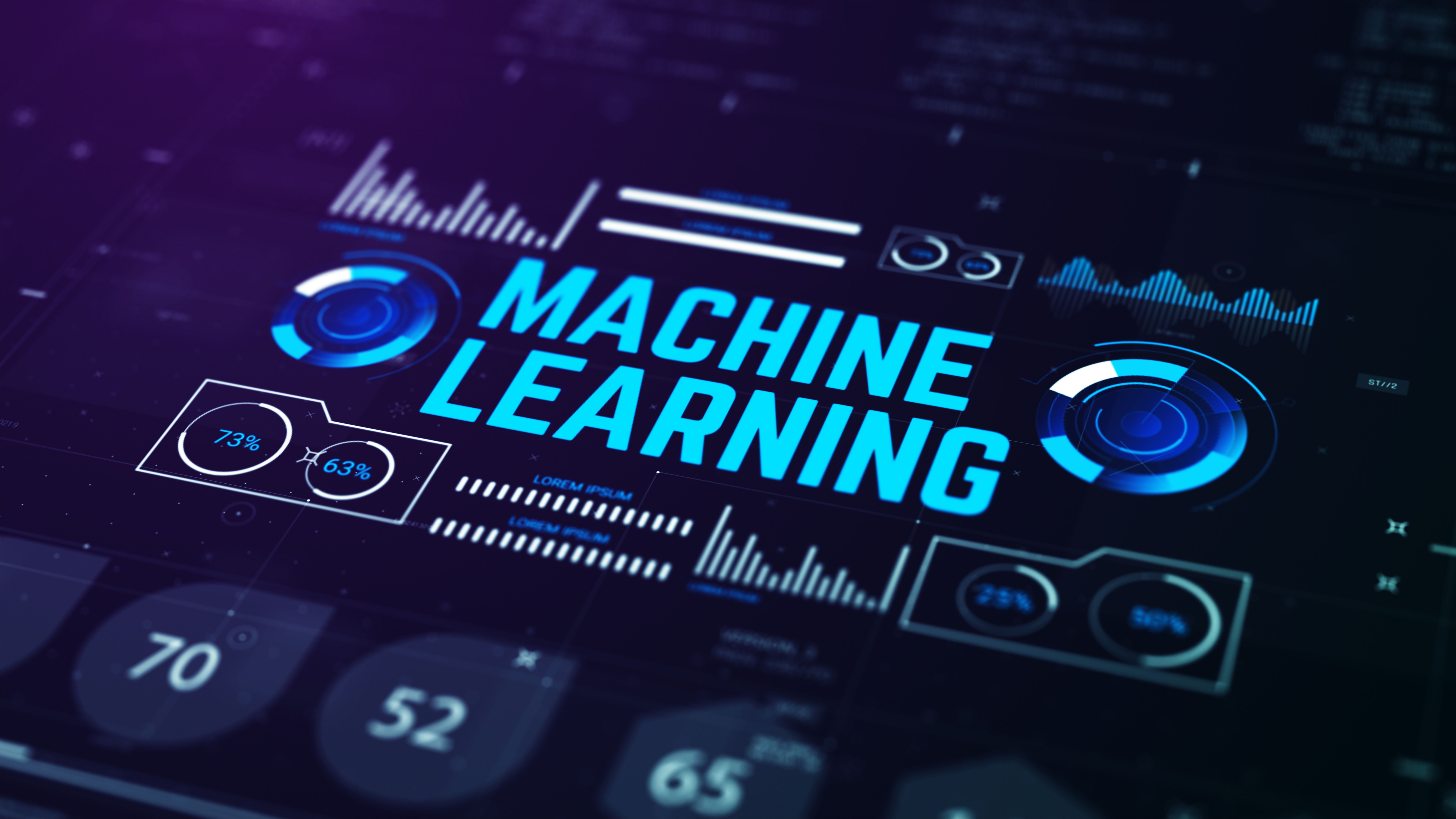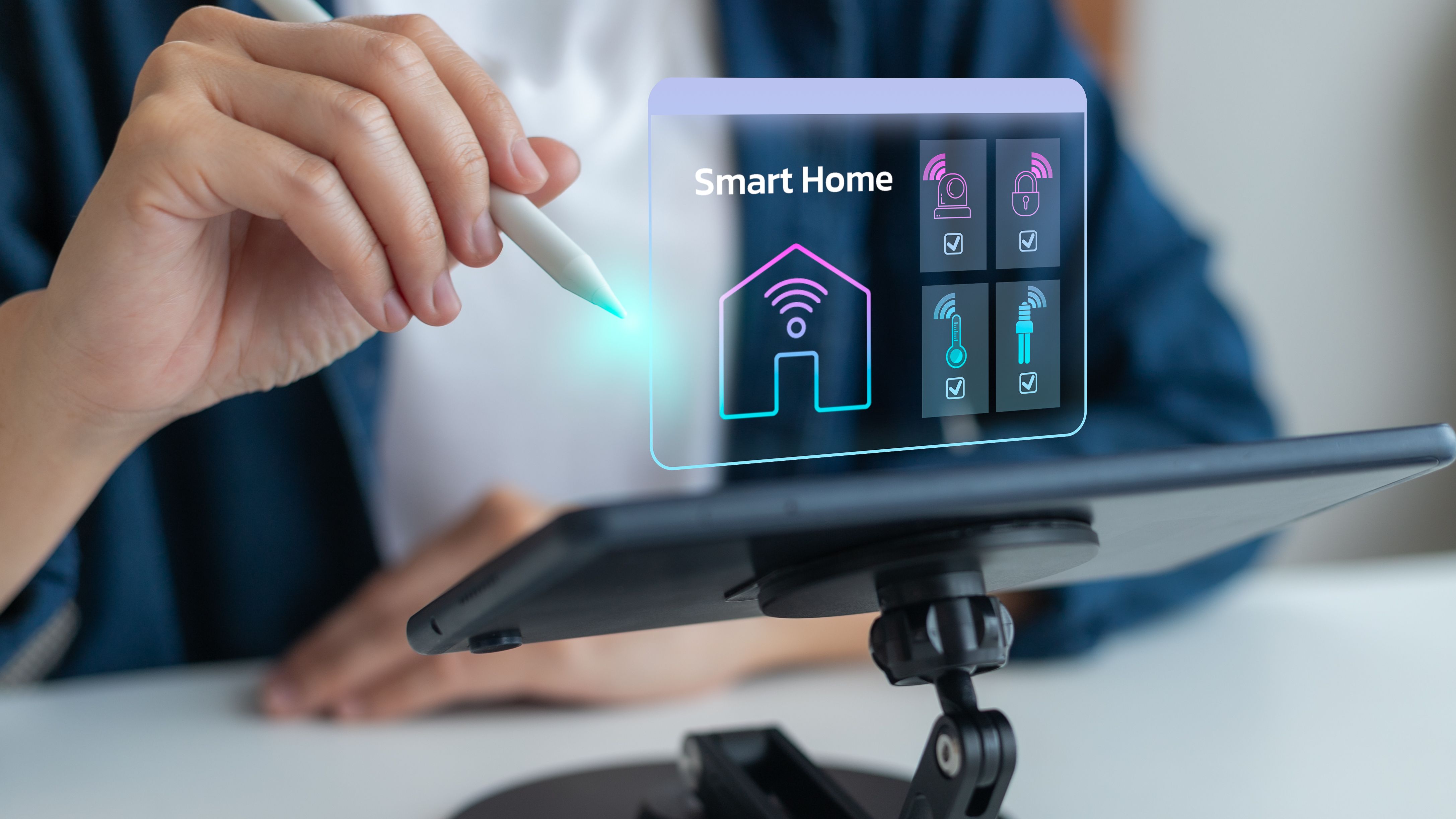The State of AI in 2025: Key Insights and Trends
The Growing Impact of AI Across Industries
As we look towards 2025, the influence of artificial intelligence (AI) is evident across various industries. From healthcare to finance, and from retail to transportation, AI is transforming how businesses operate and interact with customers. The integration of AI technologies is not just about automation; it's about creating smarter systems that enhance decision-making and efficiency.
In healthcare, AI is revolutionizing diagnostics with predictive analytics and personalized medicine. Financial institutions are leveraging AI for risk management and fraud detection, while retailers use AI for inventory management and personalized shopping experiences. The breadth of AI's reach demonstrates its potential to innovate and optimize across sectors.

Advancements in Machine Learning and Deep Learning
Machine learning and deep learning are at the core of AI advancements. By 2025, these technologies are expected to become even more sophisticated. Machine learning algorithms are continuously improving, enabling systems to learn patterns and behaviors with greater accuracy.
Deep learning, a subset of machine learning, is particularly noteworthy for its ability to process vast amounts of data through neural networks. This capability allows for groundbreaking developments in areas such as image and speech recognition, natural language processing, and autonomous systems. The continuous evolution of these technologies promises to unlock new possibilities in AI applications.

The Rise of Ethical AI
As AI technologies become more prevalent, the importance of ethical considerations is paramount. By 2025, there will likely be a stronger focus on developing AI systems that are transparent, fair, and accountable. Organizations are increasingly aware of the need to address biases in AI algorithms and ensure privacy and data security.
Initiatives around ethical AI are gaining traction, with industry leaders advocating for standards and regulations that promote responsible AI use. This shift towards ethical AI is crucial for building trust among users and stakeholders, ensuring that AI advancements benefit society as a whole.
AI in Everyday Life
AI is becoming an integral part of daily life, with smart home devices, personal assistants, and wearable technology becoming more advanced and accessible. By 2025, these technologies will offer more personalized experiences, adapting to individual preferences and behaviors.
The proliferation of AI-driven gadgets will enhance convenience and connectivity, making everyday tasks easier and more efficient. As these technologies evolve, they will seamlessly integrate into our routines, offering a glimpse into a future where AI is ubiquitous.

Challenges and Opportunities Ahead
Despite the promising advancements in AI, there are challenges that need to be addressed. Issues such as data privacy, security threats, and the potential for job displacement require careful consideration. As AI continues to evolve, it is essential to strike a balance between innovation and ethical responsibility.
The opportunities presented by AI are vast and varied. By fostering collaboration between industries, academia, and policymakers, we can harness the potential of AI to drive sustainable growth and development. The state of AI in 2025 will be defined by how well these challenges are navigated and opportunities seized.

References
-------------------------------------------------------------------------------------------------------------------------------------------------------------------------https://www.mckinsey.com/~/media/mckinsey/business%20functions/quantumblack/our%20insights/the%20state%20of%20ai/2025/the-state-of-ai-how-organizations-are-rewiring-to-capture-value_final.pdf